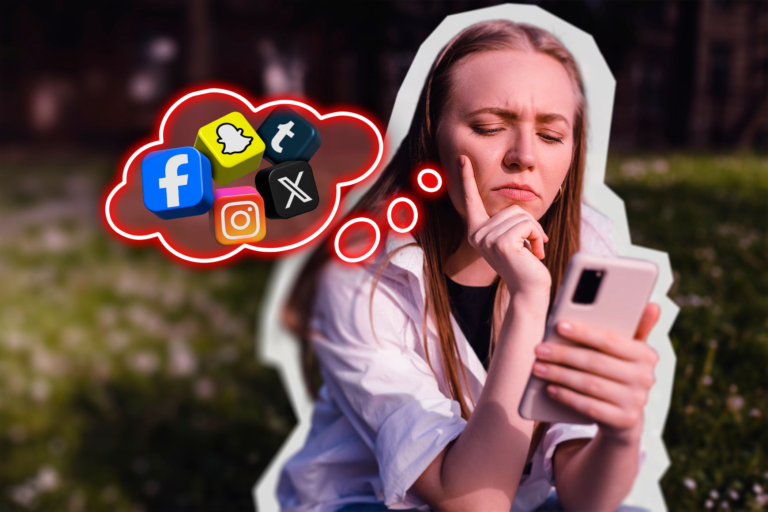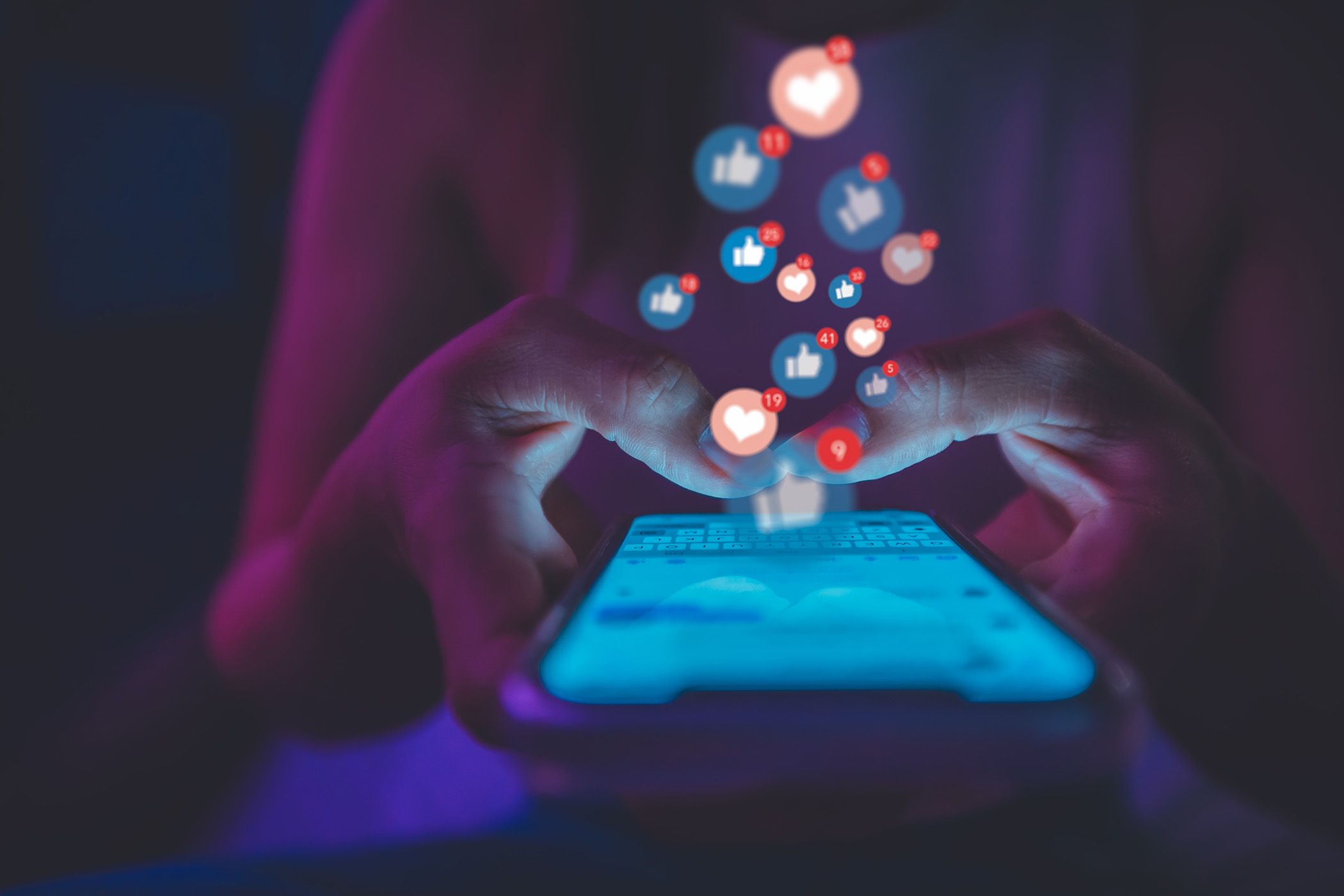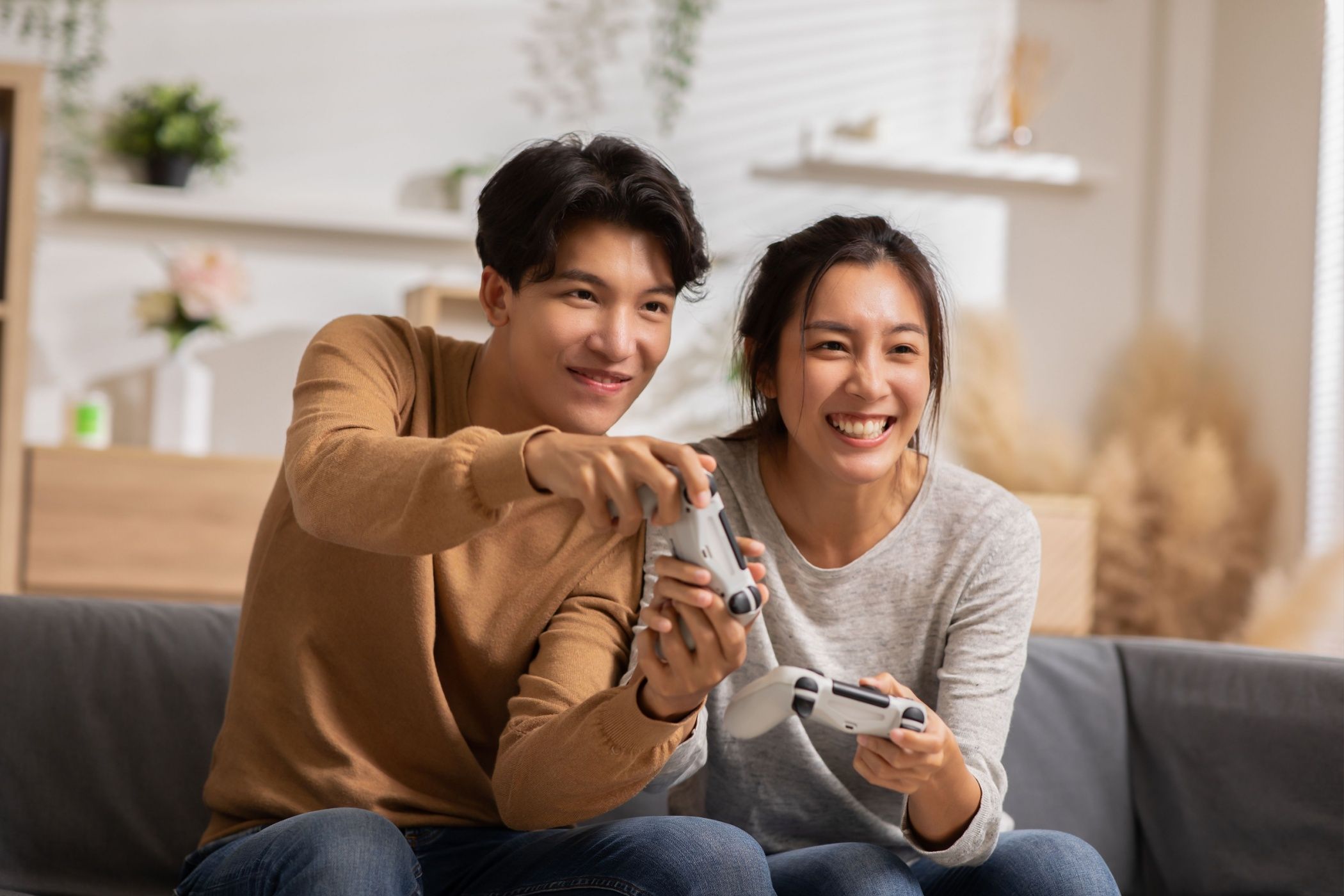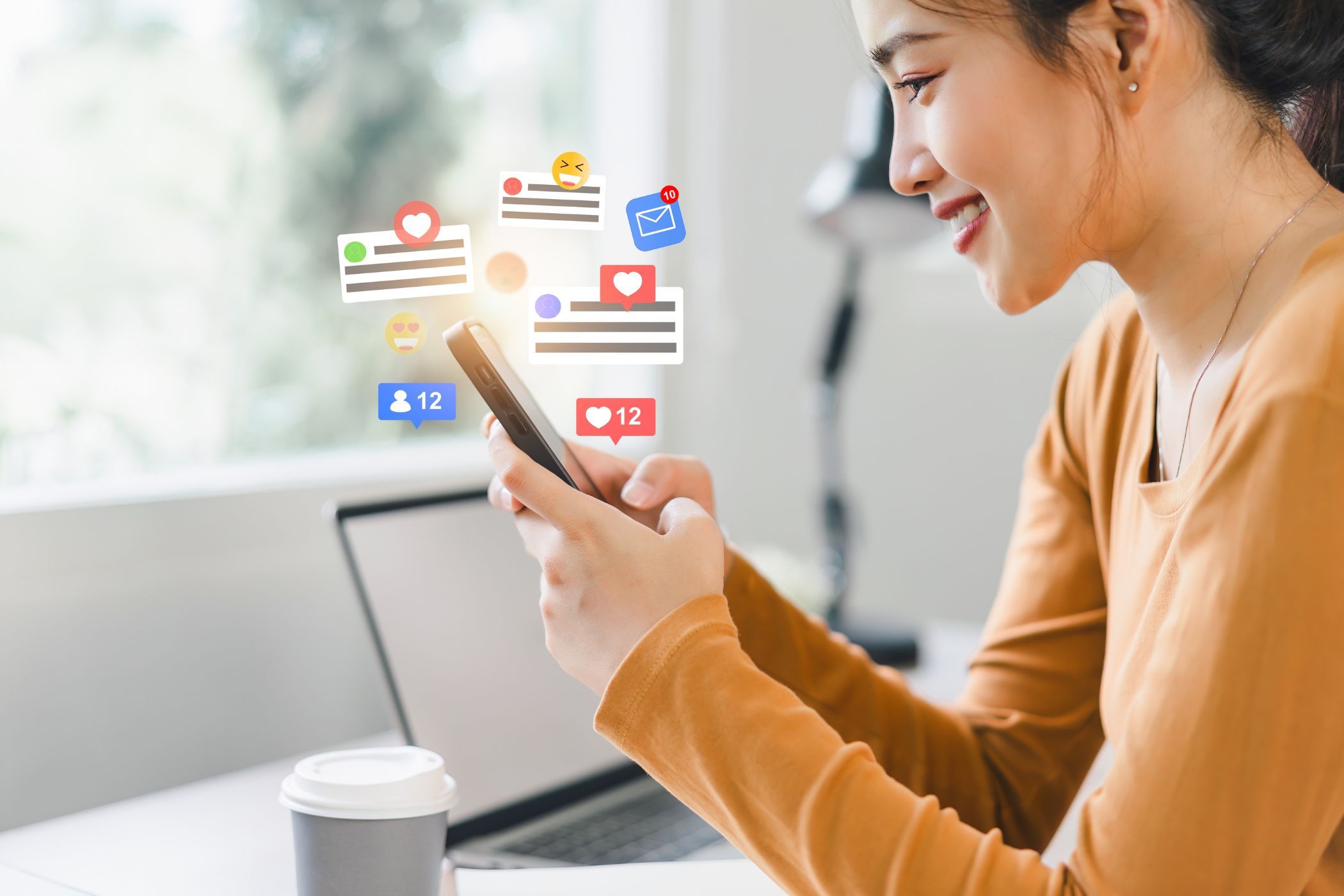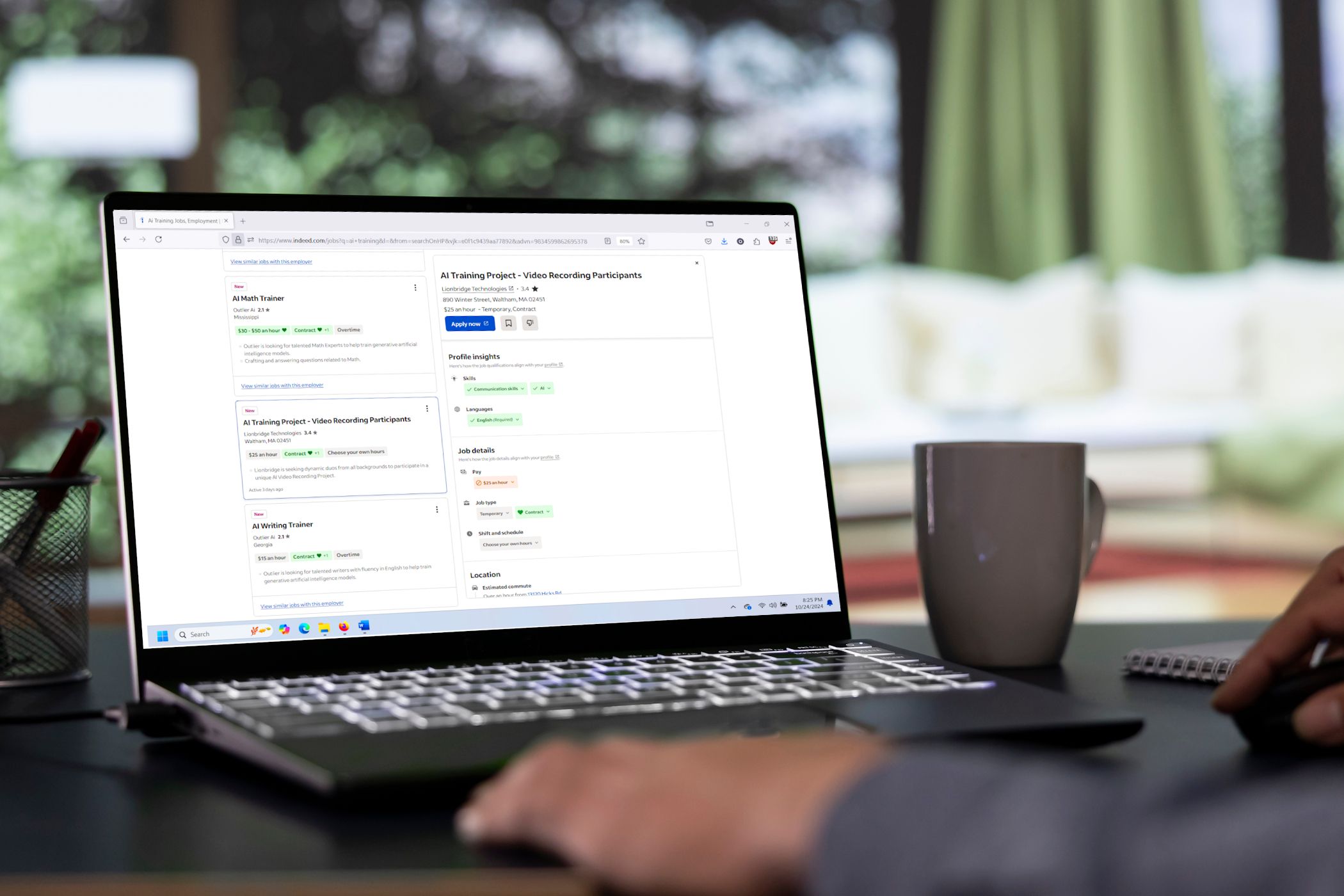Newer generations have grown up with social media for their entire lives, and I was at the fringe of being a “digital native”. While I now use social media, I’m glad that I managed to avoid it in my early years. Here’s why.
1
I Enjoyed Great Memories With My Friends Outside
I used to play soccer with my brother after school almost every day, and after we moved to a different area, we used to do the same with some friends in our local park. We’d play for hours each day during the long summer nights, and even in the winter, we’d be out playing when it was dark.
Since I live in a different country to where I grew up, I understand the importance of virtually keeping in touch with long-distance friends and family. However, humans are social beings, and meeting in real life is also vital. If social media was as prevalent as today, I don’t think I’d have anywhere near as many positive childhood memories.
Ironically, getting older wasn’t what stopped us from going out more often. Instead, it was technology; we all got gaming consoles and preferred to play FIFA instead. With younger siblings and cousins, I can see how easy it is to talk digitally but without intending to meet in real life.
2
I Wasn’t Bombarded With Constant Information
I’m not going to sit here and say that the amount of information available these days is entirely a bad thing. I’d be a hypocrite, too, since I’ve made a career from writing informative content. However, constantly being bombarded with new information when you go on social media can get exhausting.
You will never not run out of content to consume on social media. Even if you’ve caught up with every account you follow, you’ll get recommended new content to keep you on the app for longer. It’s exhausting enough as an adult, but I can’t even imagine what it would’ve been like during my most formative years.
This overwhelm is why it’s so important to think carefully before starting on social media. I wish that when I did eventually join, I only signed up for platforms I actually thought would offer value.
3
I Didn’t Judge My Friends Based on Their Opinions (Within Reason)
When I say “within reason”, I don’t want to associate with people who are genuinely hateful. Then again, they wouldn’t be my friends.
Nonetheless, one of my biggest dislikes about social media these days is how people judge others for having different political views. I also think that these apps make it very difficult to have reasonable conversations, and unfortunately, I believe that this has spilled into real life.
When you’re growing up, you often feel pressured to fit in. This is human nature; from an evolutionary perspective, being banished from the tribe would have been life-threatening for our ancestors. Since everything has become much more political compared to when I was young, I can imagine that it’s easy to judge people at school—and isolate them—based on their views on different topics.
I certainly didn’t agree with everything that my friends said, but I never judged them for having different opinions. Sure, we debated the best soccer player—but it was hardly a friendship-threatening situation, and we got on with our day soon after. Because I could think critically, I also formed my own opinions without being influenced as heavily as I otherwise would have been.
Each time you go on social media, you’re exposed to the entire world. Suddenly, you’re comparing your progress to someone on the other side of the world without any context.
I grew up in quite an “average” part of London. Even if someone was ahead of me in my local area, I had more context. For example, maybe someone was better than me at a sport because they’d already practiced for 10 years. Moreover, you saw the highlights of their life and more of the downsides.
I genuinely sympathize with younger generations and comparison; even though I’m a fully grown adult, I still fall into the trap. I’m grateful I didn’t experience these issues during my formative years when I was less self-assured, because it would’ve been incredibly difficult.
5
It Was Easier to Set Boundaries With Technology
Don’t get me wrong… my mom still told me to turn off my Xbox because I was playing FIFA too long. But compared to now, setting boundaries with technology was much simpler. My phone was one of those old ones where you could do nothing other than text, call, and play Snake.
When I went outside, I didn’t have constant access to each app. And even when I was at home, only one person could use the internet at any given time. I wasn’t thinking about what I would post on Instagram or Snapchat round-the-clock.
Yes, I know that you can technically just delete the apps. But these apps are addictive enough for adults; do you really think a teenager is going to get rid of them?
6
I Didn’t Get Involved in Pointless Internet Beef With People I Knew
I’ll be totally honest with you: I did get into plenty of arguments on Twitter during my time on the platform. But while childish, I was no longer a child at that point age-wise. I also didn’t have arguments with people I knew in real-life, which I knew would have been pointless.
I can definitely see the appeal of saying things to someone behind a screen as a young person. It feels somewhat risk-free, and these disagreements almost never become a thing away from the internet. So, all you’re effectively doing is sapping your energy and ruining your mental health.
7
My Childhood Memories Weren’t Plastered All Over the Internet for Everyone to See
As a heavy social media user in my early twenties, I certainly shared far too much online. But by this point, I already had some level of awareness as to what would be too far. When you’re a teenager, you’re often more carefree and are much likelier to share everything you do.
Having a degree of privacy was nice because when my friends and I met up, it was more meaningful. Moreover, it meant that anyone interested in joining us would only be able to in real life and not live vicariously through a screen.
Perhaps more importantly, I’m glad that my parents didn’t post about me online. Protecting your children while posting on social media is vital, but beyond the safety risks, I wouldn’t have wanted others to know my every detail.
I know that “iPad kid” has become a meme online, but it’s genuinely concerning to me how many younger people seem completely reliant on their screens. And while I was definitely addicted to social media in my early twenties, I broke that habit easily because I know that a life without social media exists.
I remember what it was like to wake up and not check my notifications first thing. Moreover, I know what it’s like to sit on a train and be happy just staring out the window or reading a book. Because I understand the negative effects of social media, I also find it easy to not watch short-form videos.
When you’re young, I think it’s very important to just be bored occasionally. It gives your brain a break, and you can also think more creatively. Not being on social media all the time can also help to ensure that you don’t always feel the need for instant gratification.
9
I Could Concentrate Better at School
Since I had no social media apps on my phone, I found it much easier to concentrate during class. We’d also have our phones confiscated if we took them out, which was another incentive to not do this. Moreover, I could concentrate on my homework with fewer distractions.
Because I could concentrate better, I felt like I absorbed more information during my lessons. Comparatively, I was much more distracted when I went to university and had constant access to Twitter and Facebook. Using blockers would’ve been one way to increase my productivity during class, but having no access—like I did at school—was much more effective.
While I’ve benefitted greatly as an adult from these apps, I’m glad they weren’t so widespread while growing up. My mental health would’ve undoubtedly suffered, and I probably would struggle to set boundaries with technology even today. The struggles of younger generations deserve sympathy, and we should work to help them develop healthy relationships with these apps.
